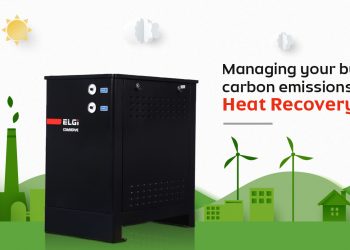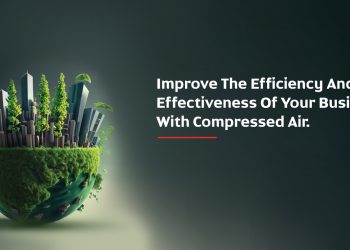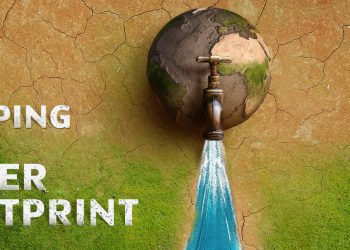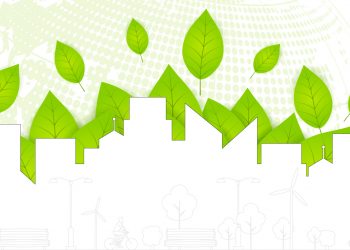Water Management and the global water crisis
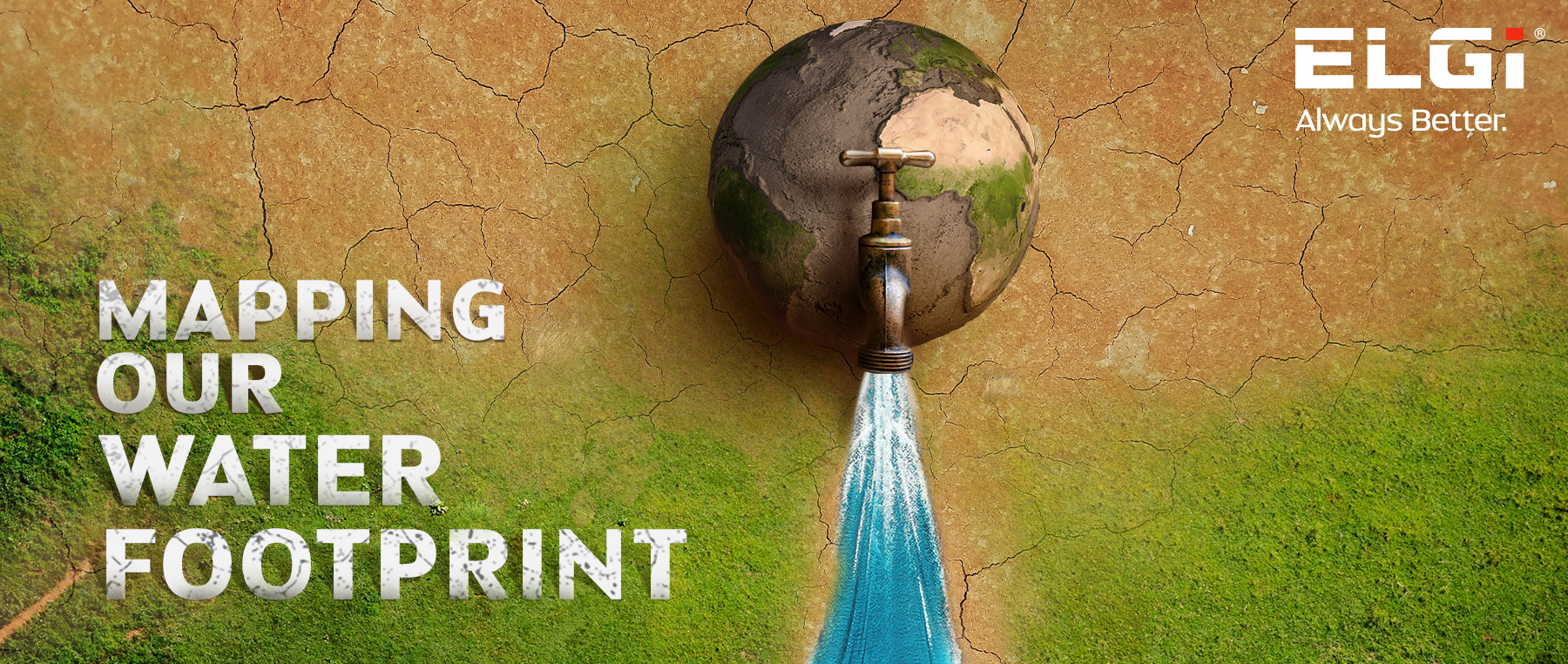
What is the world water crisis?
We often undermine the need for adequate water resources, denying women and children basic access to safe water and sanitation.
According to a report by the World Economic Forum, the water crisis is the #5 global risk in terms of impact to society. Water scarcity limits access to drinking water and water for practicing the bare minimum hygiene at home, in schools and in health-care facilities.
Scare water is not a pretty picture – stressed water systems, rivers, lakes and aquifers drying up or too polluted for use, disappearance of wetlands, threat of disease, climate change, droughts, floods and at the current consumption rate, the situation will only get worse.
By 2025, an estimated 1.8 billion people will live in areas plagued by water scarcity, with two-thirds of the world’s population living in water-stressed regions.
What about the crisis in India?
Supporting 16% of the world’s population at 1.4 billion, with only 4% of the world’s fresh water India is among the most water stressed countries in the world.
Severe lack of regulations and neglect has led to a growing water scarcity issue which has also led to regional disputes over access to rivers and water systems.
India’s rivers are open use - from dumping waste – human and industrial, to bathing and washing clothes, contributing to series health concerns exacerbating by the dependence on an erratic monsoon for its water requirements.
What is the immediate solution?
A sustainable approach to water scarcity – circularity and water recycling.
Circularity and water recycling are closely related concepts that can help to address water scarcity and promote sustainable water management practices.
Circularity refers to a system where resources are used and reused in a closed loop, with waste being reduced, reused, or recycled. Water recycling, also known as water reuse, is a process where treated wastewater is used for non-potable purposes, such as irrigation, industrial processes, or toilet flushing.
Water recycling is an essential component of a circular economy, where water resources are conserved, and waste is reduced. By reusing wastewater, we can reduce demand on freshwater resources and reduce the amount of wastewater that needs to be treated and discharged into the environment.
There are several methods for water recycling, including:
- Greywater recycling: Reusing water from sources like sinks, showers, and washing machines for non-potable purposes.
- Blackwater recycling: Treating and reusing wastewater from toilets and kitchen sinks for non-potable purposes.
- Industrial water recycling: Treating and reusing wastewater generated by industrial processes.
- Direct potable reuse: Treating and purifying wastewater to meet drinking water standards and reusing it for drinking water.
Water recycling can help to address water scarcity and promote sustainable water management practices, but it requires proper treatment and management to ensure that the recycled water is safe and meets the required standards for its intended use.
It also requires collaboration and cooperation among different stakeholders, including governments, businesses, and communities, to ensure that water recycling infrastructure is in place and effective.
At ELGi, our approach to efficient water consumption comprises of incorporating technology and systems like sewage treatment plants (STP), rainwater harvesting, etc. to mitigate the environmental impact of our own business.
What steps has ELGi taken to coordinate their efforts with United Nation’s Sustainable Development Goal 6?
The World faces growing water scarcity with several areas being water stressed, posing a major challenge to fellow Indians, businesses and the country’s economy. Being highly cognizant of this reality, we prioritize 3 optimal resource management and have put in place water re-use systems that help us manage the resource judiciously and guarantee its availability for communities around our operations.
Water scarcity issues are expected to impact industrial facilities increasingly in the coming years; this caused us to focus on conserving water and preparing for any future challenges. India, for example, is water-stressed. While it constitutes 16 percent of the world's population, the country has only four percent of the world's freshwater resources.
At ELGi, we have been committed to improving and enhancing sustainability development by optimizing water consumption across manufacturing plants. Water is an essential utility in manufacturing operations. Since 2016, more than 30 million liters of rainwater have been collected annually through rainwater harvesting and stored in ponds, which are then used for gardening and maintaining the green zones at our manufacturing plant.
The water used in CNC machines for coolant usage, washing machines to clean the components, and cooling tower applications to cool compressors under testing is collected in effluent treatment plants. The water used in washrooms and canteen applications like washing vessels is collected in sewage treatment plants. The collected water is then purified, brought back to pristine condition, and used to water the green belts across the manufacturing units.
Harvesting rainwater is an essential component of efficient water management. ELGi has the capability to collect 220 million litres of rainwater annually. Rainwater is collected in a rain harvesting pond’ which is capable of collecting about 30 million litres of rainwater and allows for use of the collected water for gardening and domestic use like toilet flushing.
In addition to the pond, rainwater is also stored in tanks capable of storing 20 million litres, collected through conduits from surfaces like roads and rooftops. The water used as coolant in CNC machines, washing components and cooling tower applications is collected in Effluent Treatment Plants (ETP). The water used for domestic purposes such as in washrooms and canteen are collected in the Sewage Treatment Plant (STP). The collected water is purified and recycled to be used for landscaping and maintaining the green belt across the facilities.
As a responsible and environmentally conscious corporate, ELGi will continue to harness the power of technology to mitigate the environmental impacts of our own business. Efficient resource management in terms of water consumption and recyclability will continue to receive high priority as we work to achieve resource-neutral operations.

